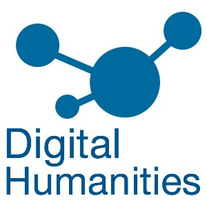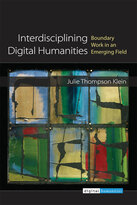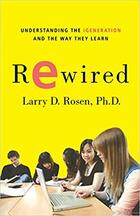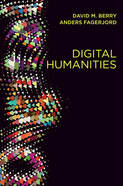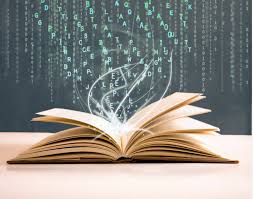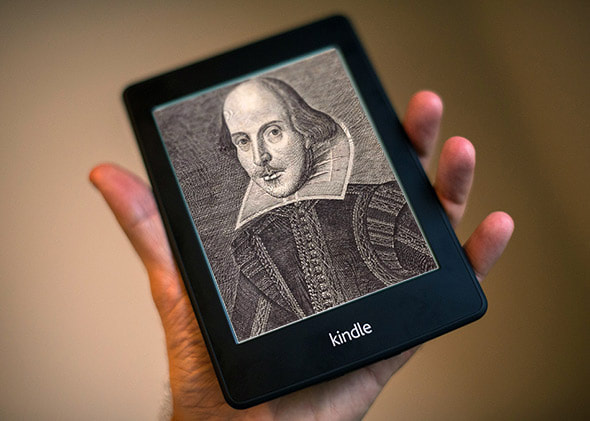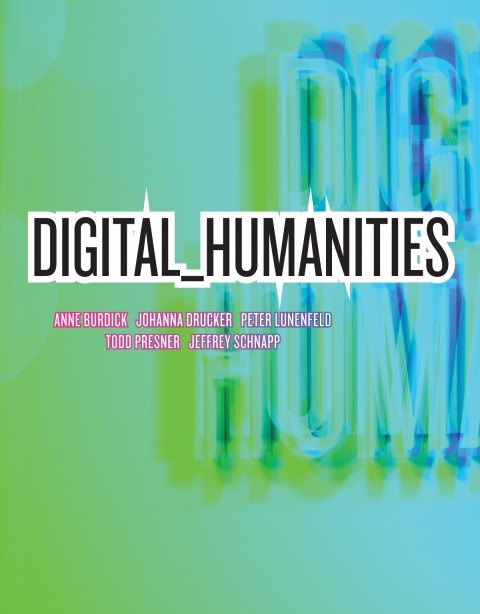Introduction to Digital Humanities
Designed for the Department of Digital Humanities, University of Victoria
Course by Dr. Kat Sark
Course by Dr. Kat Sark
Course Outline:
(Subject to changes / in progress)
|
DATE
Week 1
|
TOPICS
What is Digital Humanities
READINGS:
DISCUSSION: What does Digital Humanities mean to you? |
ASSIGNMENTS
|
|
Week 2
|
What is Digital Humanities, Part 2
READINGS:
Bethany Nowviskie, “What Do Girls Dig,” p. 235. Alan Liu, “Where is Cultural Criticism in the Digital Humanities,” p. 490. Dave Parry, “The Digital Humanities or a Digital Humanism,” p. 429. DISCUSSION: What is the future of Digital Humanities? |
|
|
Week 3
|
i-Generation
READINGS:
DISCUSSION: What is the i-Generation? How is it different from other generations? |
ASSIGNMENT: Present some digital learning tools that are useful in your work and studies. |
|
Week 4
|
Data Prep and Presentations
READINGS:
DISCUSSION: What new presentations tool are available now? |
ASSIGNMENT: Present an idea for a web project
|
|
Week 5
|
Digital Research Tools
LINKS:
DISCUSSION: What new research tools are available now? |
ASSIGNMENT: Present a digital research tool that is useful for your project |
|
Week 6
|
Digital Scholarship
READINGS:
DISCUSSION: What are some key issues in digital scholarship? |
|
|
Week 7
|
|
|
Week 9
|
Film, Music, Video games
READINGS:
|
|
|
Week 10
|
| ||||||||
Resources:
Online resources:
|
Books:
- Susan Schreibman, Ray Siemens, and John Unsworth, eds. A Companion to Digital Humanities, 2005
- Matthew K Gold. ed. Debates in the Digital Humanities, 2012.
- David M. Berry, Understanding Digital Humanities, 2012.
- N. Katherine Hayles, How We Think: Digital Media and Contemporary Technogenesis, 2012. Anne Balsamo, Designing Culture: The Technological Imagination at Work, 2011.
- Larry D. Rosen, Rewired: Understanding the i-Generation and the Way They Learn, 2010
Articles:
- Julia Flanders, “The Productive Unease of 21st-century Digital Scholarship.” Digital Humanities Quarterly 3, no. 3 (Summer 2009)
- Johanna Drucker, “Humanistic Theory and Digital Scholarship,” in Debates, pp. 85-95
- Ted Underwood, “The methodologies we argue about, and the ones we use quietly” MLA 2012, Seattle
- Jo Guldi, “What is the Spatial Turn?”, Spatial Humanities
- Tanya Clement, “’A thing not beginning and not ending’: Using Digital Tools to Distant-Read Gertrude Stein’s The Making of Americans,” Literary and Linguistic Computing 23 (2008): 361-81
- Darnton, Robert. “Google and the Future of Books” The New York Review of Books 56, no. 2 (February 12, 2009)
- Cecire, Natalia. “The Visible Hand” Works Cited, May 3, 2011
- Wardrip-Fruin, Noah. “Reading Digital Literature: Surface, Data, Interaction, and Expressive Processing.” In A Companion to Digital Literary Studies, edited by Ray Siemens and Susan Schreibman. Oxford: Blackwell, 2008
- Cohen, Daniel J. “From Babel to Knowledge: Data Mining Large Digital Collections.” D-Lib Magazine 12, no. 3 (March 2006)
- Witmore, Michael. “Text: A Massively Addressable Object.” Wine Dark Sea, December 31, 2010
- Nunberg, Geoffrey. “Counting on Google Books.” The Chronicle of Higher Education, December 16, 2010, sec. The Chronicle Review
- Nowviskie, Bethany. “What Do Girls Dig?” Bethany Nowviskie, April 7, 2011
- Cohen, Dan. “The Ivory Tower and the Open Web: Introduction: Burritos, Browsers, and Books [Draft].” Dan Cohen, July 26, 2011
Disclaimer: The contents of this site are copy-right protected and cannot be reproduced without the author's permission. © Katrina Sark, 2012.

